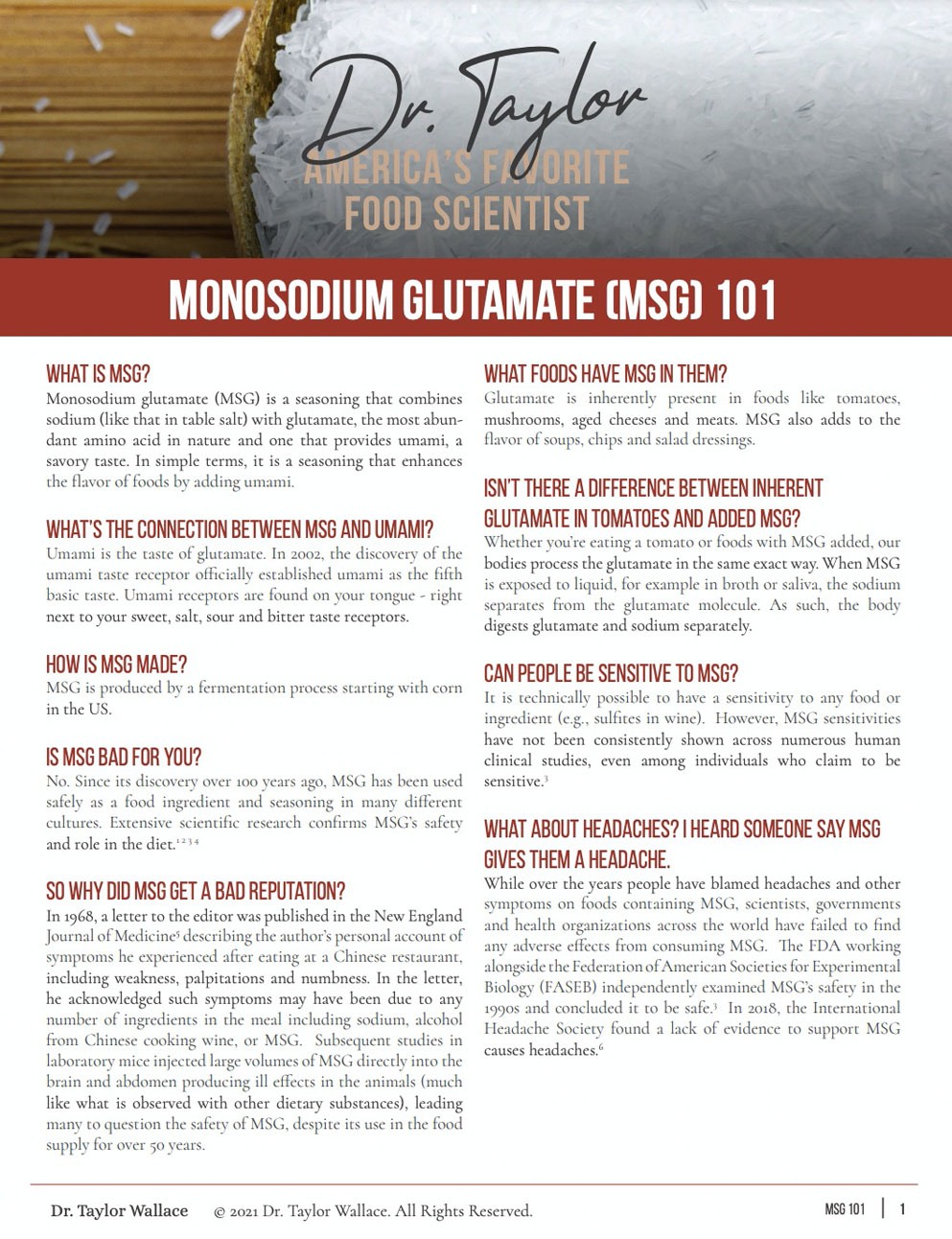Magnesium and Blood Pressure – What You Should Know!

- October 6, 2020
In the United States, about 77.9 million (1 out of every 3) adults have high blood pressure. Heart disease continues to be the leading cause of death worldwide.
But there’s some good news. Getting enough magnesium may help keep your blood pressure under control. Magnesium is commonly found in plant foods such as dark green leafy vegetables, nuts, beans, and whole grains.
Data from the U.S. Centers for Disease Control and Prevention (CDC) show roughly two-thirds of Americans have suboptimal intakes of magnesium from food.
I recommend ReMag™️ due to its high quality. Our team conducted the recent clinical study on ReMag™️. – Dr. Taylor Wallace
Are Magnesium Supplements Right for Me?
If you’re already consuming 5 servings of fruits and vegetables daily, there is a likelihood that taking a supplement won’t have the same effect.
Most studies showing beneficial effects enroll people who report lower intakes of magnesium-rich foods.
Nutrition scientists also recommend a “food-first” approach since foods contain many other nutrients that act together to promote health.
There is evidence that magnesium supplements work to lower blood pressure. People in clinical studies that were administered 300-500 mg of supplemental magnesium for 2-3 months have consistently shown improvements in blood pressure as compared with those on the placebo.
This is not surprising given that people who consume high amounts of plant foods containing magnesium also show a decreased risk of low-grade chronic inflammation, hypertension, and heart disease.
Magnesium supplements may have benefits beyond heart health. Several studies suggest that getting enough magnesium can help prevent the onset of osteoporosis, a disease that affects more than 50% of adults over 50 years old.
50-60% of the body’s magnesium has actually stored in the bones. Magnesium helps to regulate your blood vitamin D levels.
It’s involved in over 600 enzymatic reactions in the body, including those involved in both immune and inflammatory responses.
I recently suggested magnesium to be critical for boosting immune resilience and combating COVID19 in a scientific perspective published in the Journal of the American College of Nutrition.
Lower intakes have also been linked to an increased risk for type-2 diabetes, metabolic syndrome, and migraine.
Are Magnesium Supplements Safe to regulate your blood pressure?
Magnesium supplements are safe and relatively low-cost. Just remember more is not always better. The most common “adverse effect” reported from taking supplemental magnesium is laxation at levels above 350 mg (although most adults can tolerate 500 mg or less).
People who take too much magnesium from supplements can experience nausea, diarrhea, and abdominal cramping.
If you’re curious about what type of magnesium is best for high blood pressure, meta-analyses have reported benefits from a wide range of organic and inorganic formulations such as magnesium lactate and magnesium citrate.
Some professionals suggest magnesium taurate for lowering blood pressure because it contains the amino acid taurine, which can also reduce hypertension.
However, I’m not aware of any human studies examining magnesium taurate on blood pressure.
How about chelated vs. non-chelated magnesium? I say po-tay-to vs. po-tah-to. Any formulation or dietary pattern that provides adequate magnesium levels will be helpful.
A good supplement option is a pico-iconic formulation because its microscopic size absorbs easily without flooding your digestive tract.
Who wants to trade high blood pressure for loose bowels? My team conducted a clinical study on a pico-ionic formulation called ReMag™️.
Recommended Intakes
Adults need to get about 320 mg (women) or 420 mg (men) of magnesium daily for good health, per the Dietary Reference Intakes in the U.S. and Canada.
There is no reason to supplement above 350-500 mg per day unless advised by your doctor.
Remember to always talk with your certified Registered Dietitian Nutritionist (RDN) about all dietary supplements you are taking so you don’t get too much and/or avoid potential interactions with medications.
Consumers – Check out the NIH fact sheet for consumers on magnesium. Health professionals – Check out the expert review on magnesium that I co-authored.
Additionally, you can head over to my Amazon page to see a list of my recommended supplements for magnesium, lactoferrin, choline, and more.
Tags: blood pressure, bone, cardiovascular disease, dietary supplement, heart attack, magnesium, osteoporosis
21 thoughts on “Magnesium and Blood Pressure – What You Should Know!”
Leave a Reply
You must be logged in to post a comment.









Excellent article. I have had afib for many years and about 3 years ago experienced strange symptoms, including spiking blood pressure and additional afib attacks. I started researching potassium and magnesium and with my doctors permission put myself on magnesium citrate. It took a long time for the magnesium to build up in my body, but when it did, had great results in blood pressure and afib. I continue to take it but in smaller doses. I have become an evangelist for magnesium, especially for people who have elevated bp and afib. Up until this experience, I didn’t know anything about magnesium.
About how long did it take for the magnesium to build up in your body, you said a “long time” but how long approximately, also what dose?
I have a question about Magnesium by mouth vs magnesium through the skin
Thank you!
Its best to get magnesium from food and/or take a dietary supplement.
I wish a doctor had turned me onto Magnesium first but I was rather overwieght and high in pressure readings that perhaps I’d missed that window to try Magnesium…I’m taking 150 to 250 every other day do Keto and fasting now and lost almost 65 pounds…I’m hoping. that in time I could not rely on pills it really and truly has been the last thing at age 48 that I wanted for myself I’ve always been kind of anti pills and been more inclined to try and give my body the basic tools first but if your diabetic or hearing voices or about to stroke out it’s time to think about them until you can start to eat and live better.I want to become healthier than I’ve ever been as I age …of course no one wants blindness amputations stroke and rehabilitation but many of us think on it only after it hits us and it’s too late….I don’t even have a doctor there’s a shortage…all the more reason to be on a mission for health.Thanks for this article.
Is chelated magnesium citrate better than non chelated magnesium
Potato vs. potato (I’m using my American and fake British accent lol).
Yes, Chelated magnesium has the best absorption than NON-chelated
BP 171 over 100 the other day.
64 years old never had health issues and workout 4 days weekly(weights, cardio, yoga alternated.
Been taking 400mg at night.
Can I increase to 800(400 2x daily)?
Seems to have started lowing BP a bit.
Thanks in advance for responding.
Hi there – 800 mg will probably have a laxative effect. No additional benefits to going over 400 mg.
I take three pills in am and three in the pm at 135 mg a pill and I do not have problems with a laxative affect. It has really helped with lowering bp..
Most people have a magnesium deficiency. It may take longer for some to take affect, depending how deficient the individual is..
I started taking magnesium oxide and noticed it was helping my digestive system and I also have high blood pressure and diabetes, but the doctor put me on 2 400mg per day, but I noticed I actually felt better taking 1 per day… Also have afib and heart conditions but I think it is helped but I think you can overdo anything so I’m going back to taking 1 per day!
Can you take Magnesium supplements in conjunction with Hibiscus tea, beet root juice to help lower blood pressure?
Yes. There are no interactions, to my knowledge.
I’m taking magnesium taurate 125 mg twice a day. My heart is irregular, at times. Also on beta blocker and losartan. At first, it helped greatly. Now. . .a standstill. Thoughts?
Did you have your blood tested for magnesium first before taking the supplement? I am also on Losartan Potassium and blood pressure varies and my magnesium is in the range. So, Im not sure if me taking a magnesium supplement will work to lower my blood pressure?
What’s the best magnesium to take for high blood pressure? How much do I take to help lower it?
I recommend this magnesium chloride product (I did the clinical trials): https://www.rnareset.com/?ref=S-fMQopPf7R_W
If im not mistaking there are nine different types of Magnesium. All Magnesium aren’t the same each does something for the body. Do the research base on what your body needs.
I’ve been taking slow-release magnesium tablets from a company I found online (https://bit.ly/35xkvwP). I take 500mg every day, and haven’t experienced any diarrhea or stomach cramping. The only negative is that it is 4 pills/day, but I’d rather do that than be enslaved to blood pressure medication for the rest of my life.
Excellent article. Thanks!
So funny to read this! I take the same supplements from this company. The slow-release attribute seems to be why there is no diarrhea, as the 500mg is absorbed slowly throughout the day. I actually found them through http://www.zona.com though.
Has anyone heard of this product?